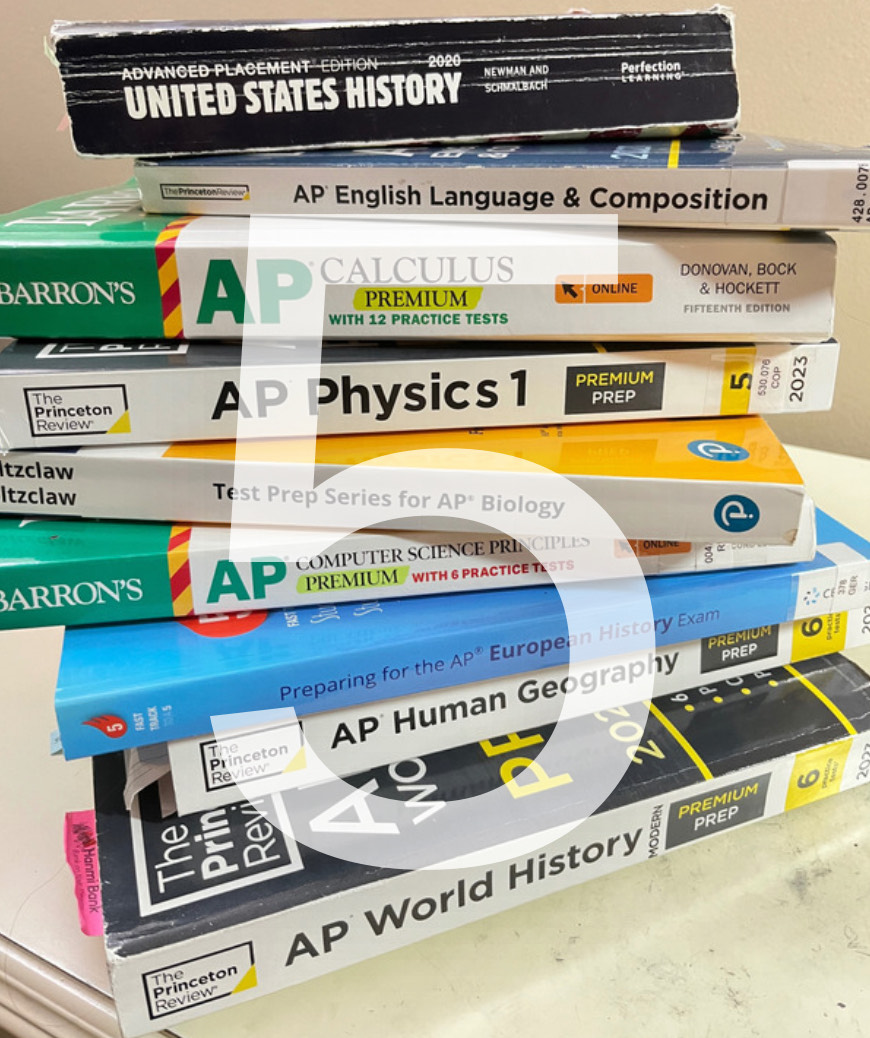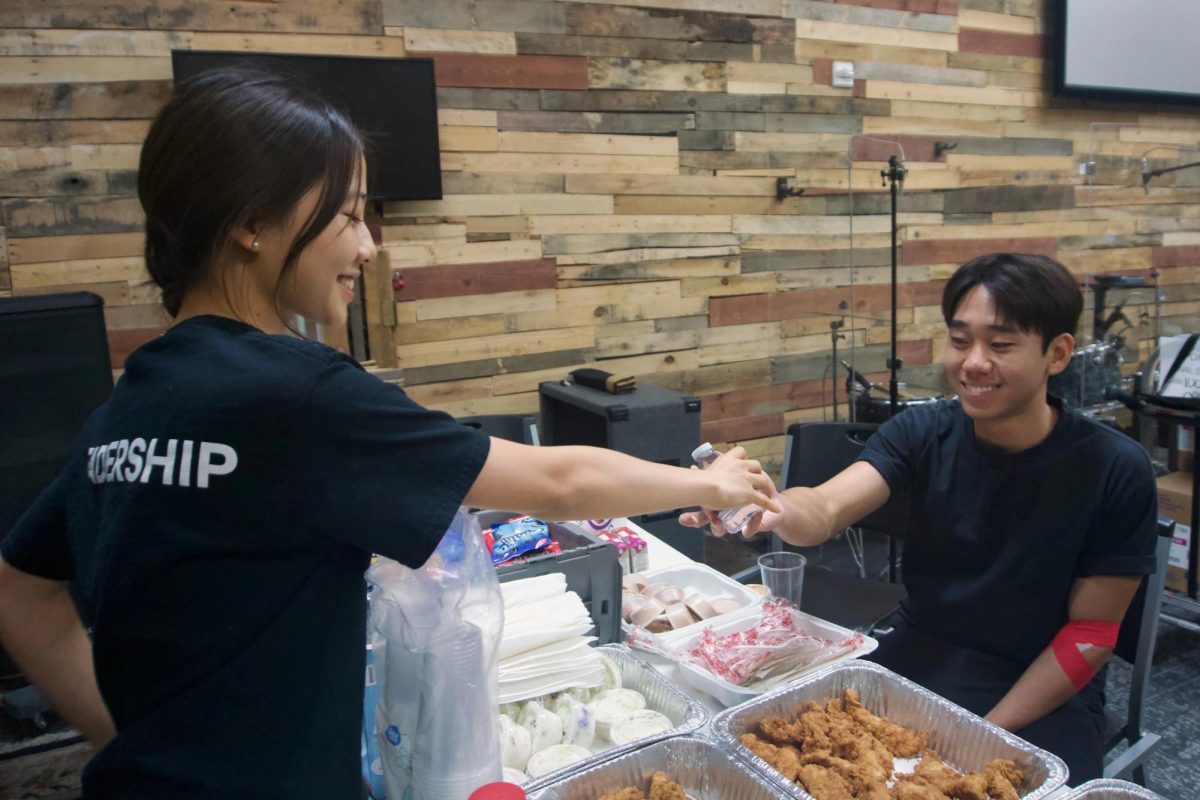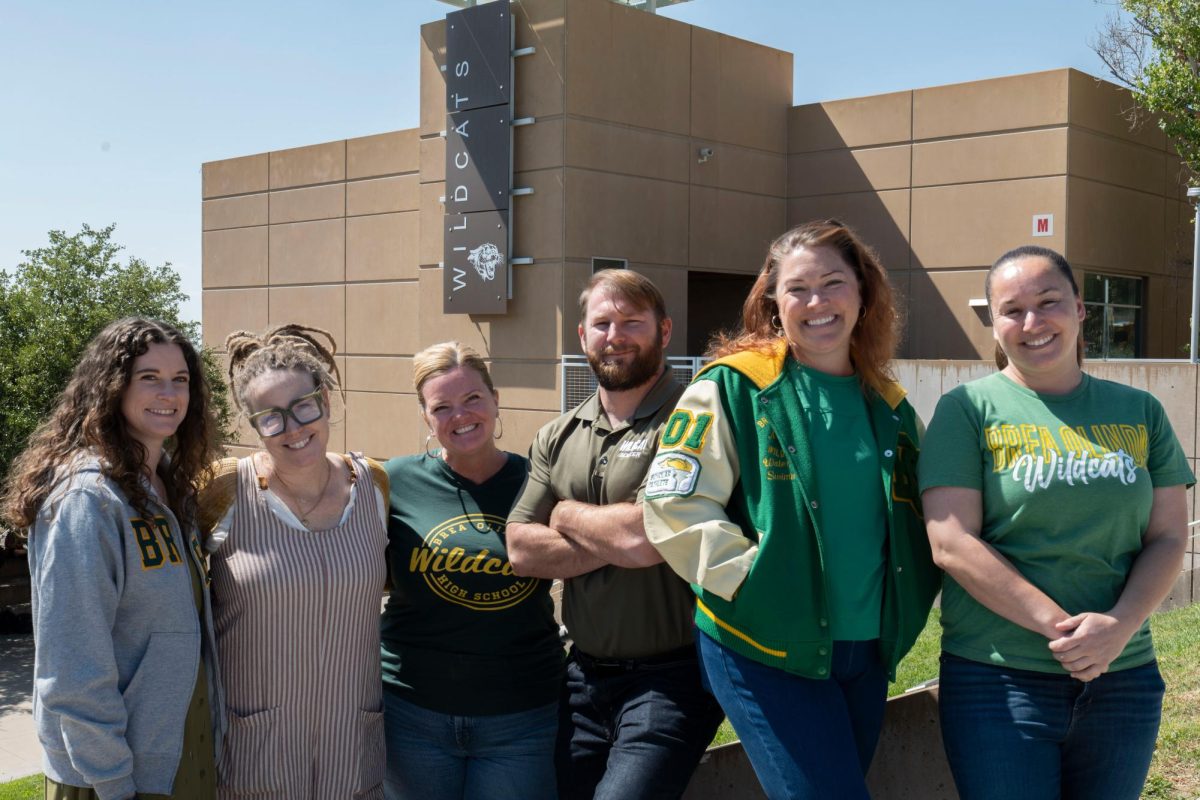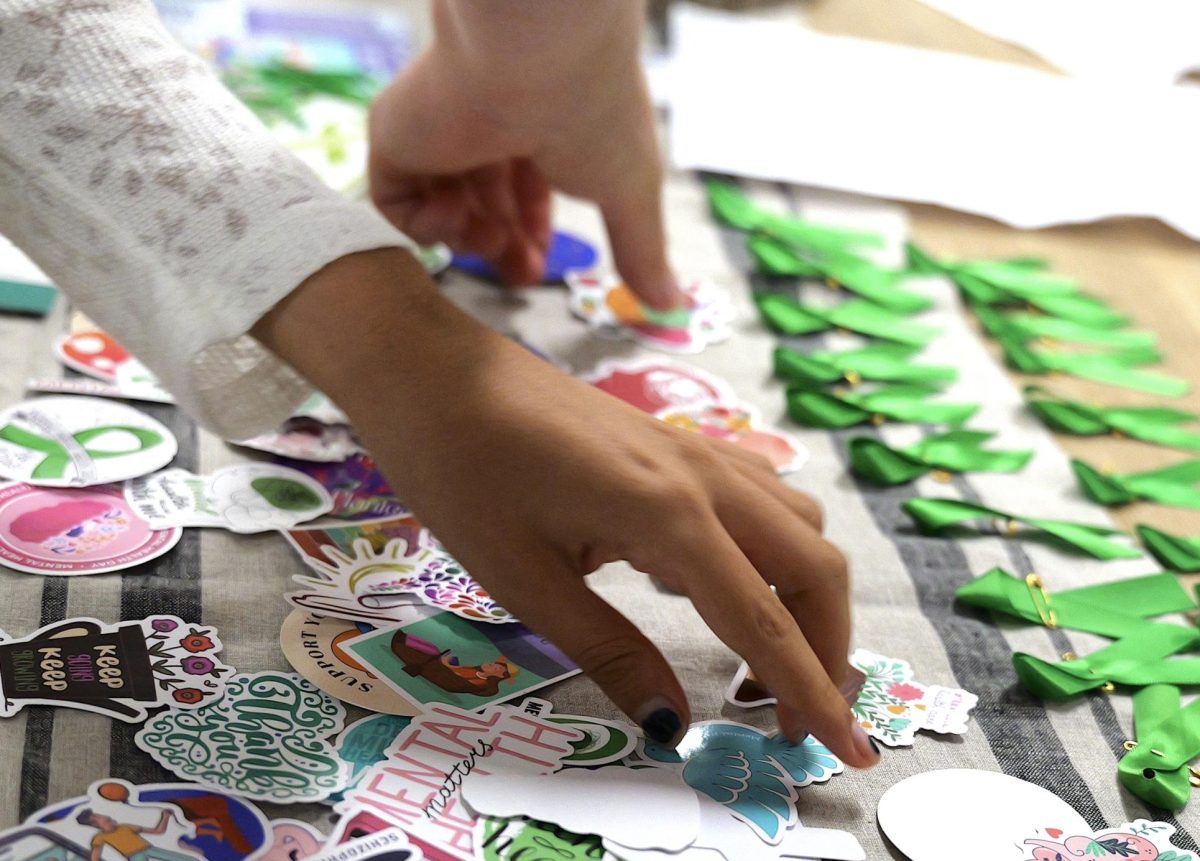JACOB QUION, sophomore
What’s the best tip you have for students who will take this exam?
Take practice tests. By taking official exams of the AP test from years prior, you’ll familiarize yourself with the types of questions you’ll see on test day. On top of that, you’ll learn your personal order of difficulty (or POOD, for short), which will help you mentally map out the route at which you’ll take the exam. Everyone has their own POOD and taking practice tests not only helps you learn more about the exam, but also yourself. You’ll gradually develop your own test-taking strategies and methodologies, increasing the likelihood of getting that score you know you deserve.
Among the resources you used -- textbooks, review books, online resources, etc. -- which did you find most valuable, and why?
After extensive experience and preparation, I can confidently say that my teacher, Ms. Ureno, was the most valuable resource to me while preparing for the AP HUG exam. Asking questions, whether they be related directly to the exam, course concepts, or just anything that comes to mind, provides more value than any textbook can offer. If you don’t understand something, just ask. Your teacher is there to help you.
How did you balance your AP exam preparation with other responsibilities and commitments such as extracurricular activities and schoolwork?
Planning. Through the use of a simple physical planner in conjunction with the Notion and Google Calendar softwares, I’ve developed a system that allows me to keep track of my assignments, exam dates, and things going on in my personal life, all in one place. There’s no “one-size fits all” system. Just make sure that the system you choose to run with constantly reminds you of the things that need to get done.
Looking back, is there anything you would have done differently in your preparation for the AP exam?
I wish I had made a study group. Outside the help of my teacher, I didn’t prepare with anyone else for the AP HUG exam. Last year, I had lots of friends in my class which I thought would serve as distractions. However, with the abundance of course material to cover, a major benefit of a study group would be that they’re just a text away [which is] a lot faster than having to sit down and write an email to a teacher. Additionally, your peers speak like you, which promotes transparency when explaining complex topics or course criteria. The idea of studying with peers fascinates me, and is definitely a dynamic I would look to explore in future exam preparation.
What’s something you wish you could tell the past version of yourself who was preparing for this exam? In other words, what do you have to say to the students who will be taking the exam this May?
If I could tell a past version of myself preparing for the AP HUG exam one thing, it would be to calm down. At the end of the day, it’s just a test. No single digit number from College Board should be a reflection of [your character]. Of course, you should strive for the best results possible. But in the intense pursuit of getting a high benchmark, remember that it’s okay to not be in the top [x percent]. Be proud of the effort you put in and that no matter how you do, if you try your best, your test-taking experience will be fulfilling, regardless of your final score.









